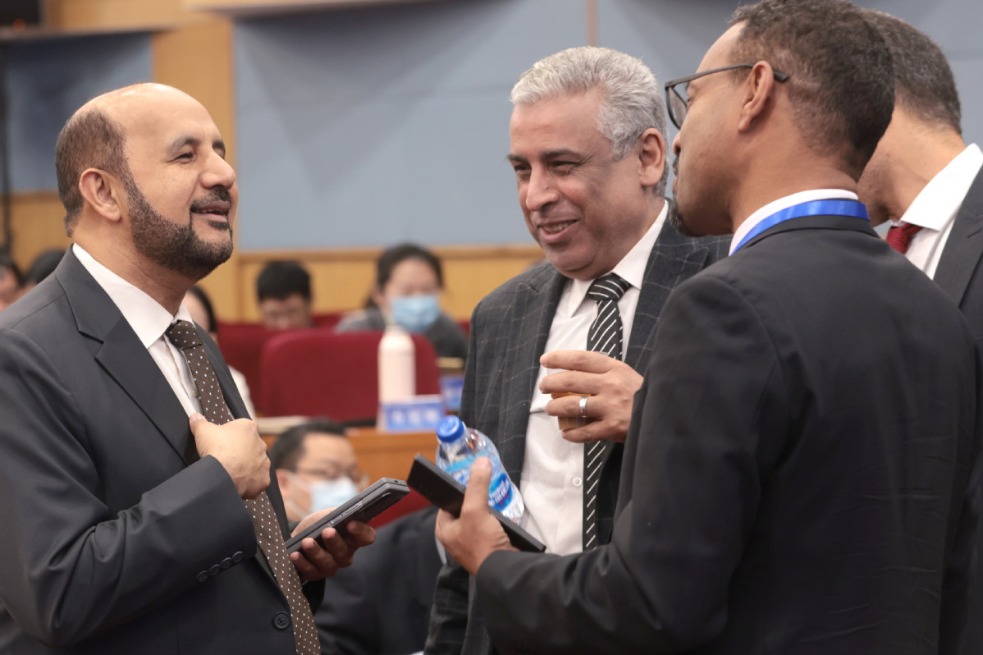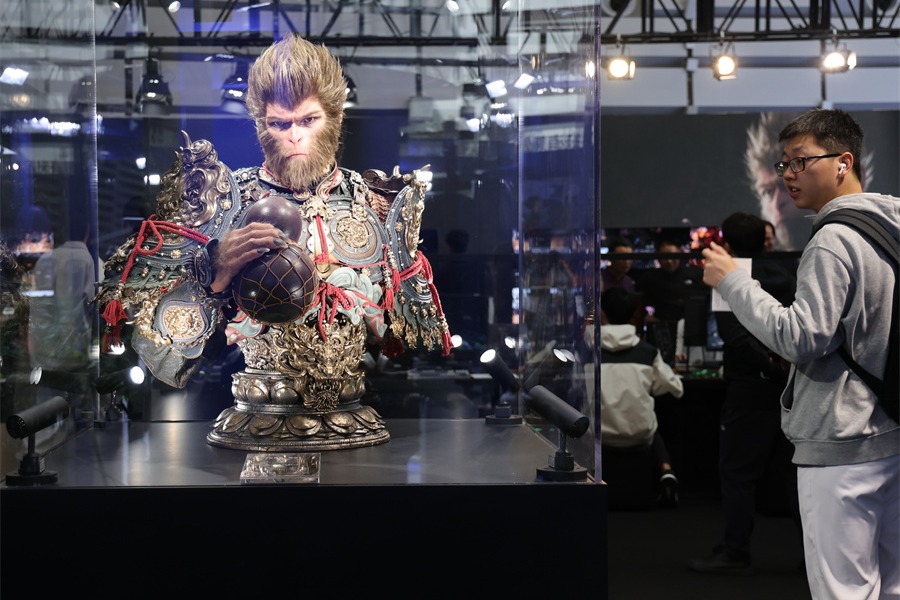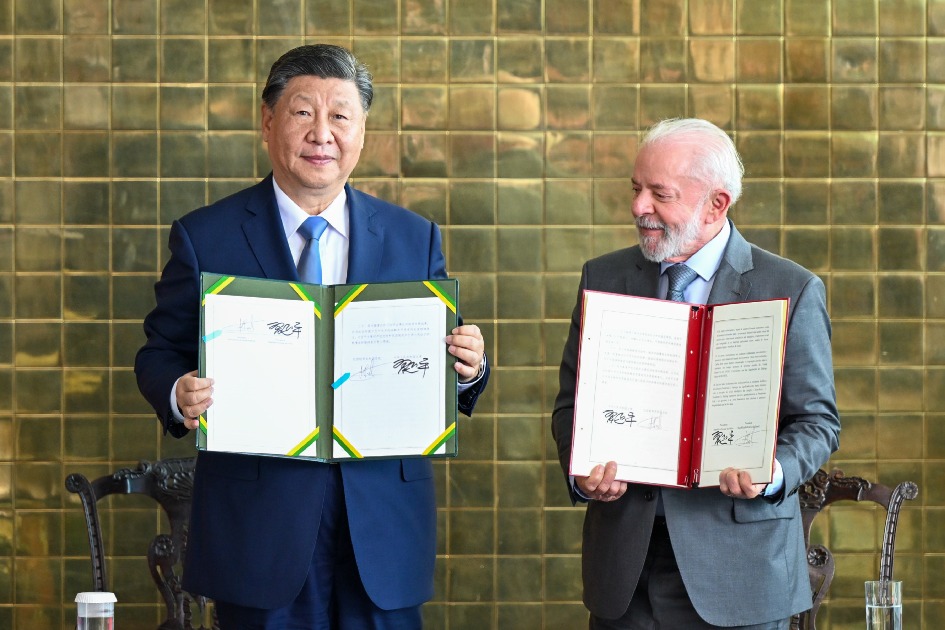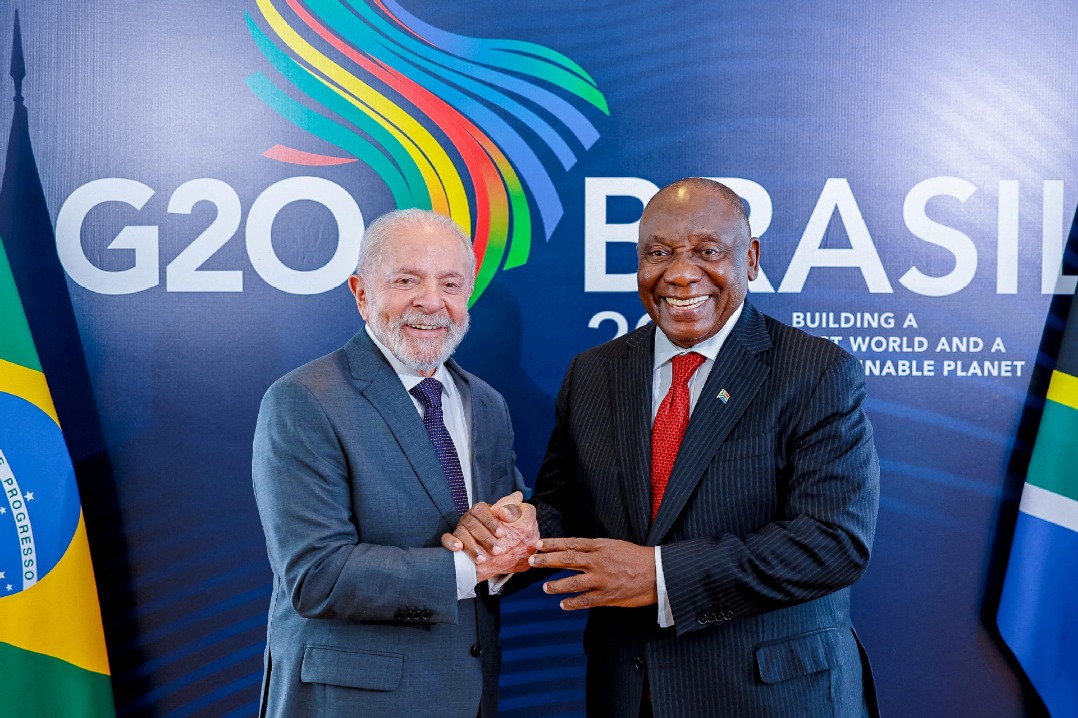Rescued US pilots rise to the occasion
By CHANG JUN in New York | chinadaily.com.cn | Updated: 2022-06-06 21:21
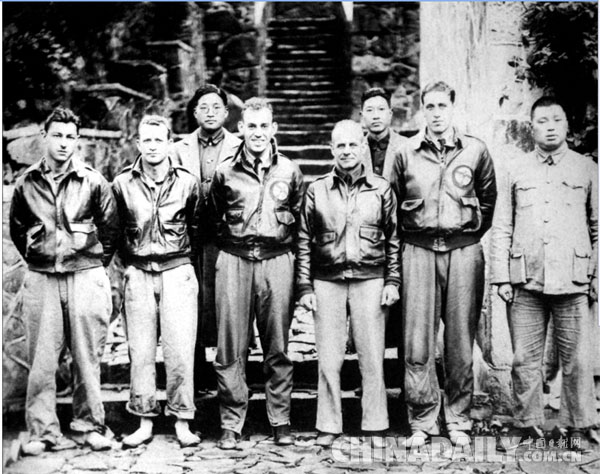
Documentary on bonds with Chinese offers inspiration for bilateral relations
A new documentary details a 1942 US airstrike on Tokyo, the subsequent risky rescue of the US pilots by Chinese civilians, and their relatives' ongoing friendships.
Unsettled History: America, China and the Doolittle Tokyo Raid, directed by Bill Einreinhofer, a three-time Emmy Award winning nonfiction producer/director and writer, premiered recently in New York.
It sheds light on a largely unheralded US military operation and the humanity, heroism and people-to-people exchanges between China and the United States that surmounted differences in culture, ideology and nationality.
"History is a very good mirror," said Huang Ping, the Chinese consul general in New York, who joined the audience for the premiere in mid-May. "I think we should draw (on) a few experiences and lessons from history by telling the story of the Flying Tigers and the Doolittle Raid."
In 1942, in retaliation for Japan's bombing of Pearl Harbor in Hawaii on Dec 7, 1941, during World War II, then US president Franklin Roosevelt ordered a ferocious response.
On April 18 that year, 16 B-25 Mitchell bombers under the command of Lieutenant Colonel James Doolittle were launched from the US Navy aircraft carrier USS Hornet and headed west across the Pacific Ocean toward Japan. Military and industrial targets in Tokyo and other places were targeted.
The Mitchells continued west, with the aim of landing somewhere in China. However, the aircraft ran low on fuel, and the pilots were unfamiliar with the local landscape at night, so the crews had to make forced landings. Some dropped down in Zhejiang province, some landed in Anhui province, and the others in Jiangsu province.
According to the historical archive of the Children of the Doolittle Raiders Association, or CDR, 63 US pilots in total from 15 bombers were stranded in a foreign land in which they had no knowledge of its culture and language, let alone its people.
After the abrupt landings, the US crews were spotted by Chinese farmers and villagers and taken to households nearby. Unable to communicate in words, they managed to get messages across using gestures, facial expressions and signs.
Edward J. Saylor, who flew a bomber during the raid and was among the rescued pilots, said: "The Chinese did all that they could to help us ... there was no transportation, no railroads or anything". Despite those limitations, he said, they simply used manpower to carry the pilots to safety and relay messages for them over high mountains.
"No matter how different the background, the culture, the ethnic identity, the nationality and the government, there are still ways for human beings to relate and help each other to survive, and that's the legacy," said Melinda Liu, daughter of Tung-Seung Liu, who helped the Doolittle crew get in contact with the Chinese government.
Based in Japanese-occupied coastal areas, Liu joined the rescue mission by breaking language barriers and connecting locals and the raiders. "We are allies in the war; I should stay and help as much as I can," said Liu.
On their long barefoot march to Chongqing, China's wartime capital, the crew and their Chinese escorts encountered a 14-year-old Chinese boy who spoke good English, an orphan whose family members were all killed in the war.
"He took up with us and he became our navigator, our interpreter, and our food scrounger," said Saylor. Although they couldn't locate the young man after the war, the Americans "won't forget him — his name was Pu An", Saylor added.
Luo Shiping, a retired historian in Beijing, said: "We have to protect our friends' safety at any cost. At that time, every ordinary Chinese thought so, not just the government officials."
Luo has over the years led a group of volunteers from Shangrao, Jiangxi province, to collect survival stories of the Doolittle raiders.
Melinda Liu reflected on her father's deeds eight decades later. "My father never called himself a hero", she said, instead, he was just an "ordinary person who did what every Chinese man would do under the same situation".
The bravery and humanity of the Chinese people, however, came at a hefty price — the vengeful Japanese Army combed possible hideouts along the Zhejiang-Jiangxi borders and killed many Chinese civilians for the rescue.
Historically, the Doolittle Raid is less known than other World War II engagements in the Pacific Theatre, said Einreinhofer. "It is sort of at the edges, and it doesn't exist for younger generations."
But there has been a collective effort by a group of people in China and the United States to record, preserve and highlight the humanitarian spirit and friendship.
"We didn't forget; to really understand our current lives and what the future would be, we need to recall the past," Einreinhofer said.
In 2006, descendants of the pilots established the CDR in an effort to spread stories of both the 1942 airstrike on Tokyo and China-US friendship. Many members paid frequent visits to China, trying to gather artifacts and replicate history through oral history and shared memories.
Susann Ozuk, daughter of pilot Charles Ozuk, reconnected in 2009 with the Chinese family who saved her father thanks to a 1937 American penny her father gave to that family as a souvenir.
On her way to China, she explained the Doolittle Raid together with the Chinese rescue. "I thought, I'm passing on history here," she said.
In July 2015, Jeff Thatcher, son of David Thatcher, one of the rescued pilots, was invited by the Chinese government to Beijing to attend a grand event to commemorate the 70th anniversary of the victory of the Chinese People's War of Resistance Against Japanese Aggression and the World Anti-Fascist War.
In October 2018, 25 CDR members flew to Quzhou, Zhejiang, where the Doolittle Raid Memorial Hall was built to educate the Chinese public on the heroic deeds of the American pilots and their Chinese rescuers.
The friendship is ongoing and only becomes more vigorous as time goes by.
In February 2020, when the COVID-19 pandemic hit China, the CDR immediately contacted Zhejiang to check its status. Members were mobilized to purchase and ship bulky packages of personal protective equipment, or PPE — surgical masks, gloves, shields, goggles and $6,000 — to aid their Chinese friends.
Two months later, when the United States ran short of PPE, friends of CDR in China repaid the kindness and generosity of their American counterparts by donating PPE to Arkansas, where Jeff Thatcher resides.
By working together, China and the US can achieve incredible things, helped by revealing the story of the Doolittle Raid, said Huang. "We could see the friendship between two countries deeply rooted in the hearts of both sides."
Kayla Ma in New York contributed to this story.





